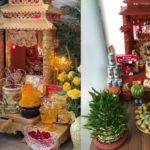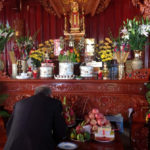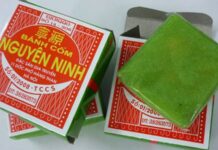On special occasions such as the 1st and 15th day of the lunar month, death anniversaries, and other ceremonial days, a fresh flower vase is indispensable on the ancestral altar. According to ancient beliefs, flowers symbolize purity and are offered to ancestors and deities as a token of good wishes. Therefore, when choosing flowers for the altar, one must be cautious as certain types of flowers are considered inappropriate:
1 Lily
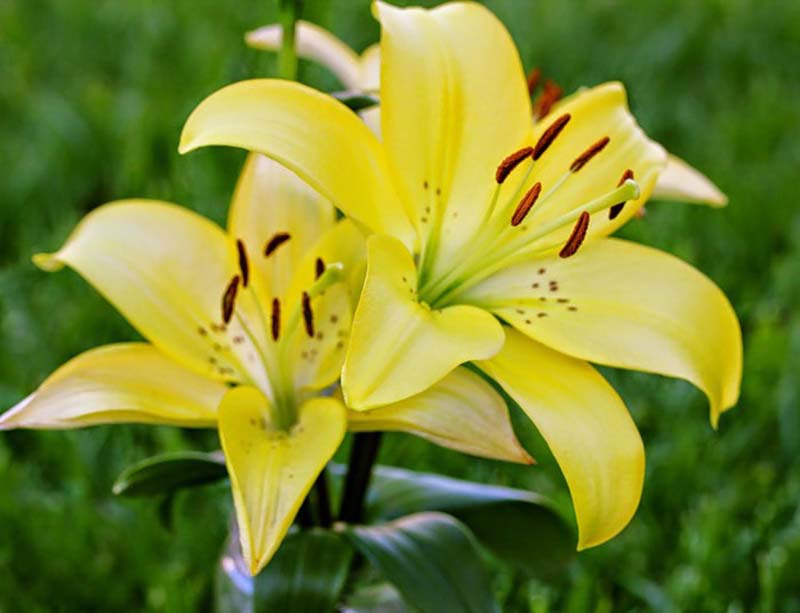 Lily
Lily
The lily is a beautiful flower with an enchanting fragrance, but it is avoided on ancestral altars due to its association with separation and parting.
For reference: 6 types of flowers to avoid on the ancestral altar on the 23rd of the Chạp month
2 Orchid
Although orchids are beautiful and long-lasting, they are not recommended for altars, especially Buddhist altars, as the word “phong” in Vietnamese is similar in meaning to “flirtatious” or “hedonistic”. If you wish to use orchids, it is advisable to do so during the Tet holiday, but only if there are no more suitable flower options available.
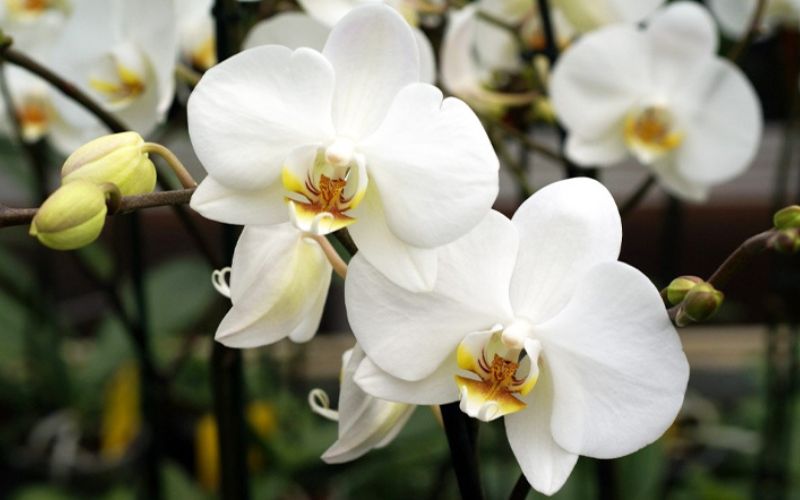 Orchid
Orchid
3 Plumeria
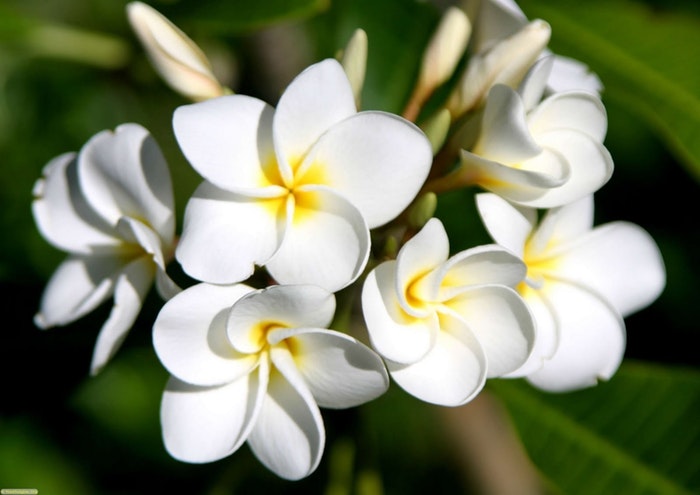 Plumeria
Plumeria
Plumeria, also known as frangipani, has a distinctive fragrance and vibrant colors. However, its shape resembles a sensitive female body part, and thus, it is not considered appropriate for the ancestral altar.
4 Jasmine
Jasmine is regarded as a rebellious and inappropriate flower. Despite its beauty, fragrance, and symbolism of purity, it is still considered unsuitable for the ancestral altar.
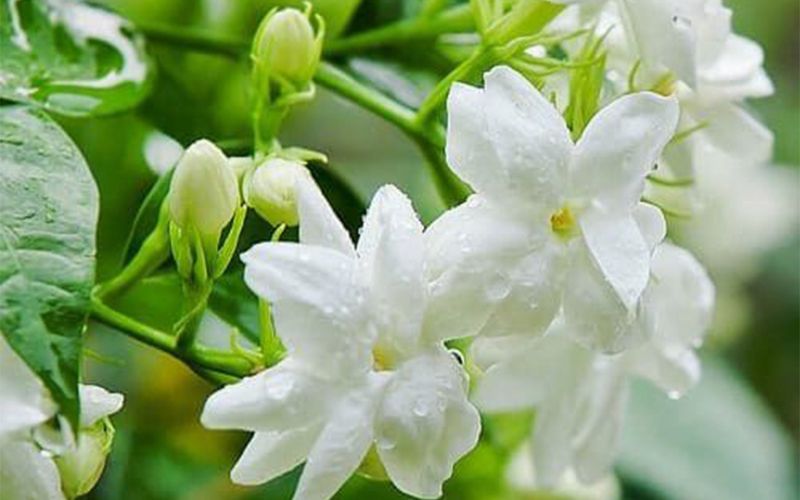 Jasmine
Jasmine
5 Marigold
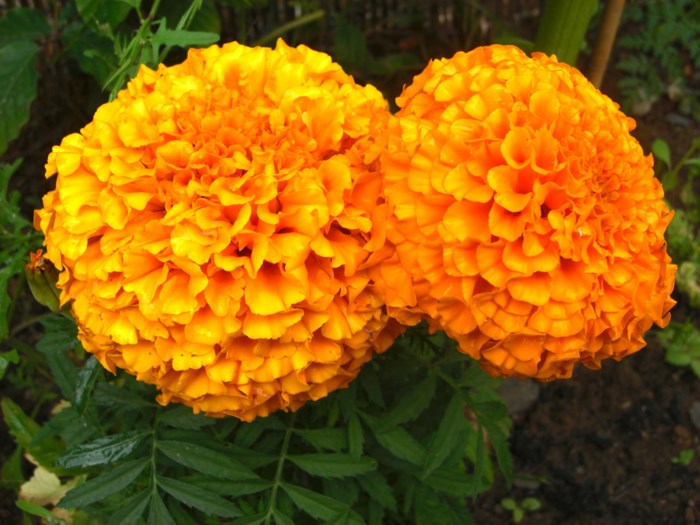 Marigold
Marigold
Marigolds are popular during the Tet holiday, especially in Southern Vietnam, where people believe they bring good luck and prosperity. However, these flowers are not recommended for the ancestral altar as they are associated with bad luck and have an unpleasant odor.
6 Hibiscus
Hibiscus flowers come in various colors and are visually appealing, but due to the presence of the word “dâm” in their Vietnamese name, they are not considered appropriate for the ancestral or Buddhist altar.
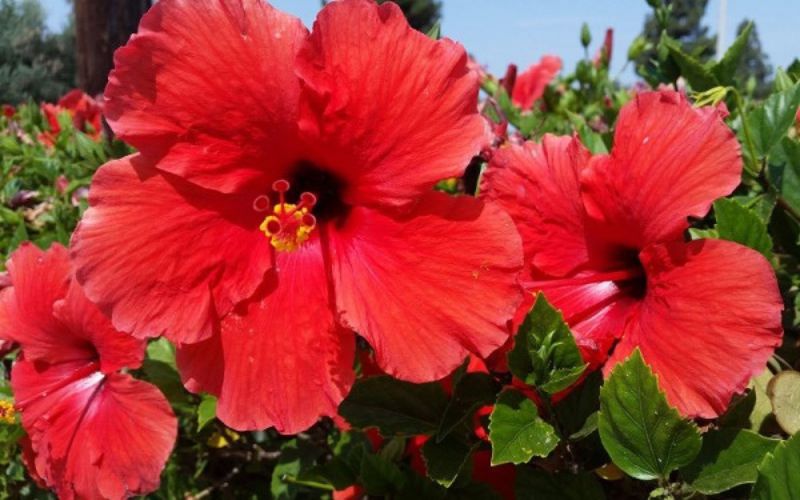 Hibiscus
Hibiscus
7 Lotus
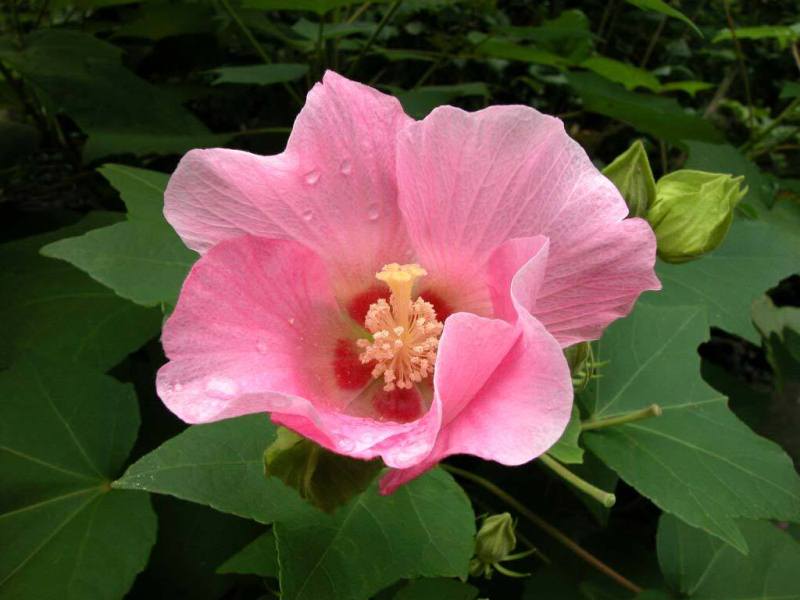 Lotus
Lotus
Despite its beauty, the lotus flower is known for its short lifespan, blooming in the morning and wilting by nightfall. This fleeting nature is believed to represent a short life and is, therefore, an unsuitable choice for the ancestral altar.
8 Artificial Flowers
While some families opt for artificial flowers to save costs, the ancestral altar is a sacred space that represents the descendants’ reverence for their ancestors. Offering artificial flowers is considered impure and, therefore, inappropriate for the altar.
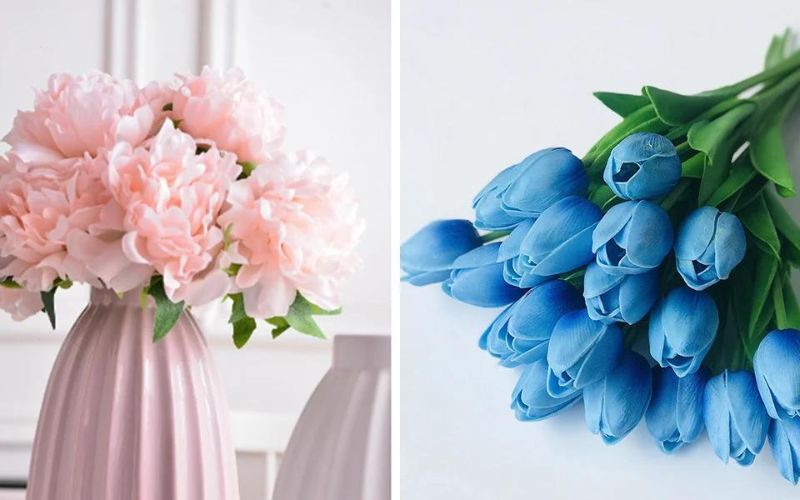 Artificial Flowers
Artificial Flowers
When choosing flowers for the ancestral altar, it is best to select the freshest and most beautiful flowers as a sign of respect. Suitable options include lilies, peonies, and peach blossoms. It is recommended to choose flowers with elegant names and a single color to maintain the solemnity of the altar.


























